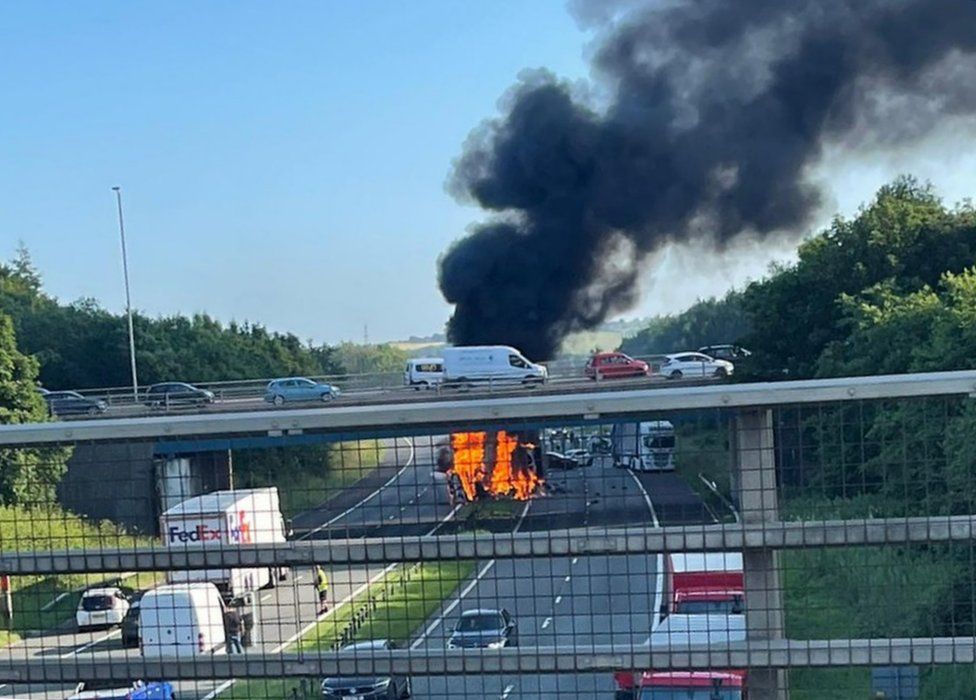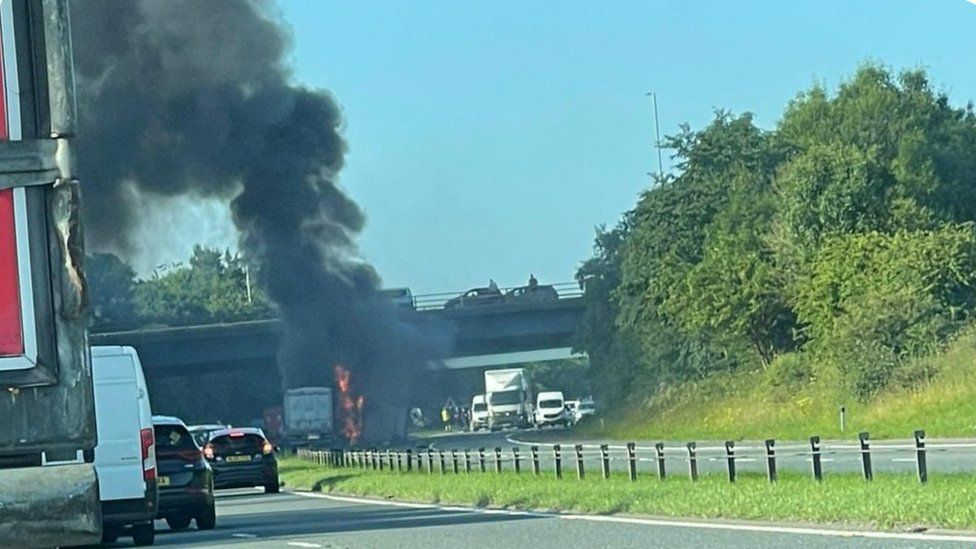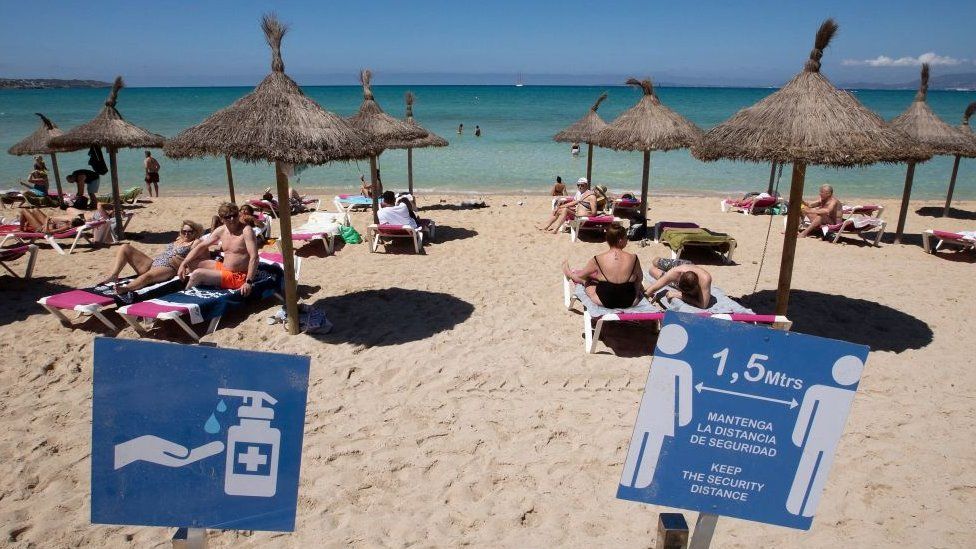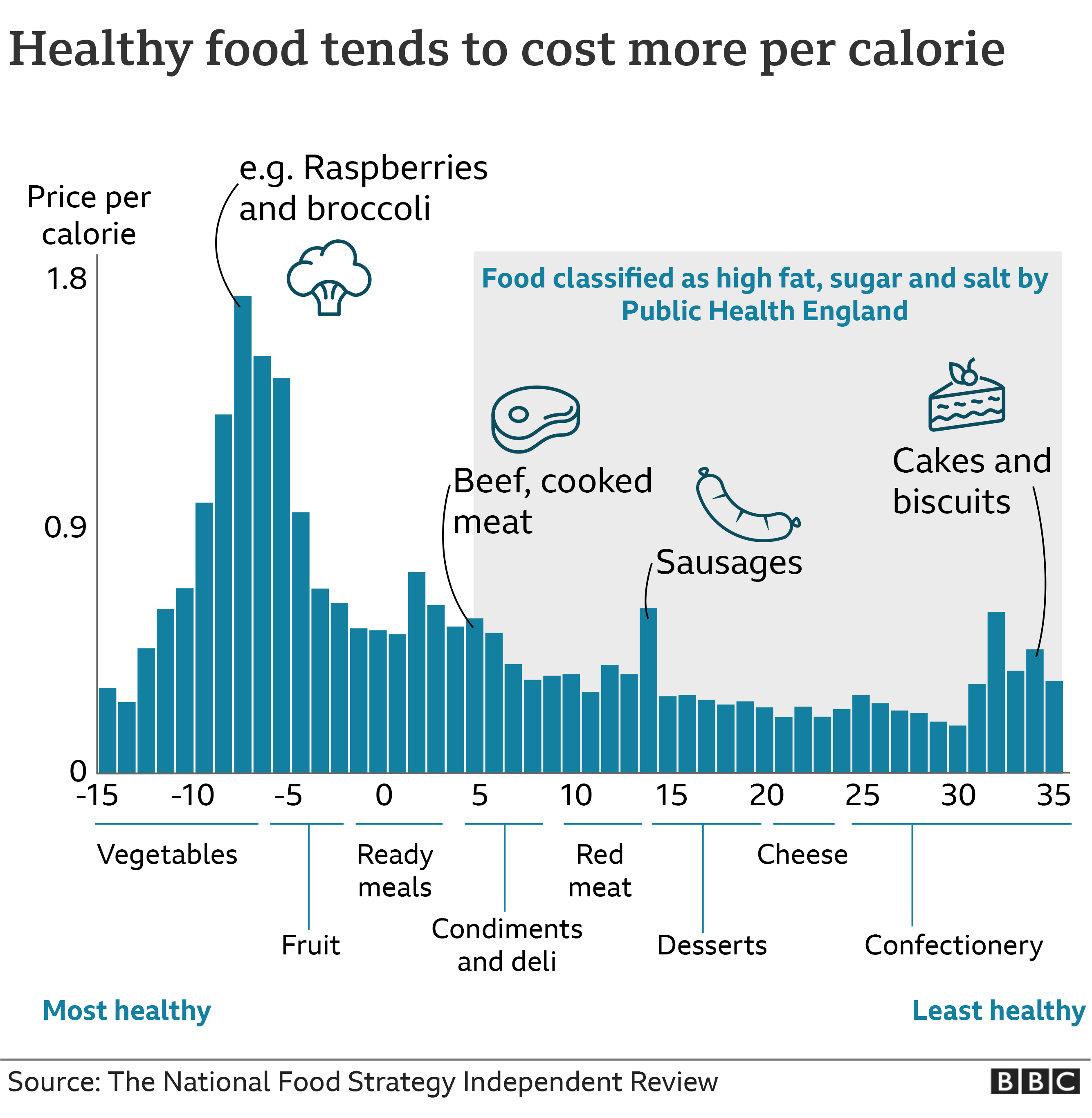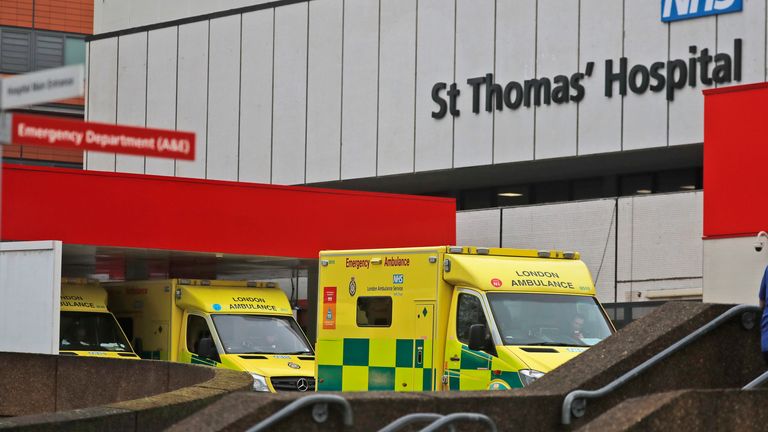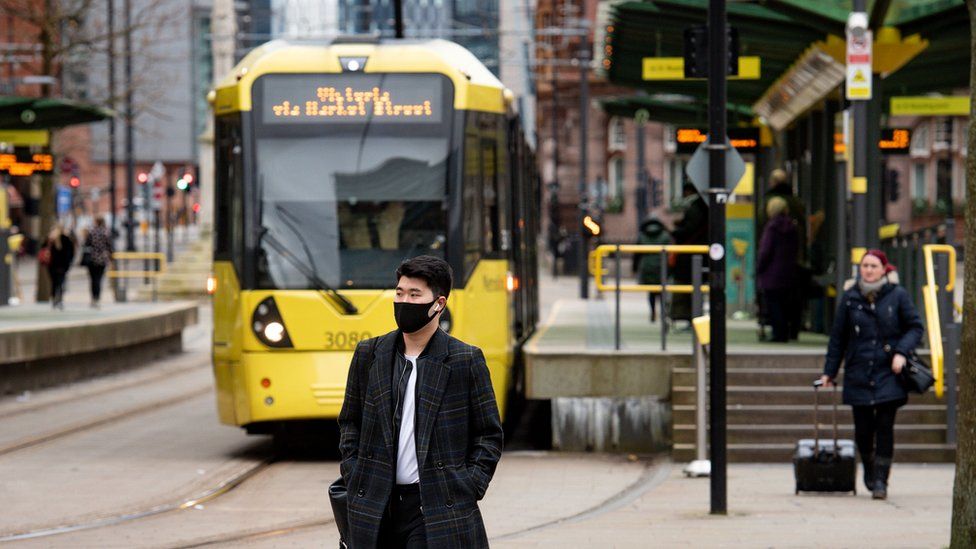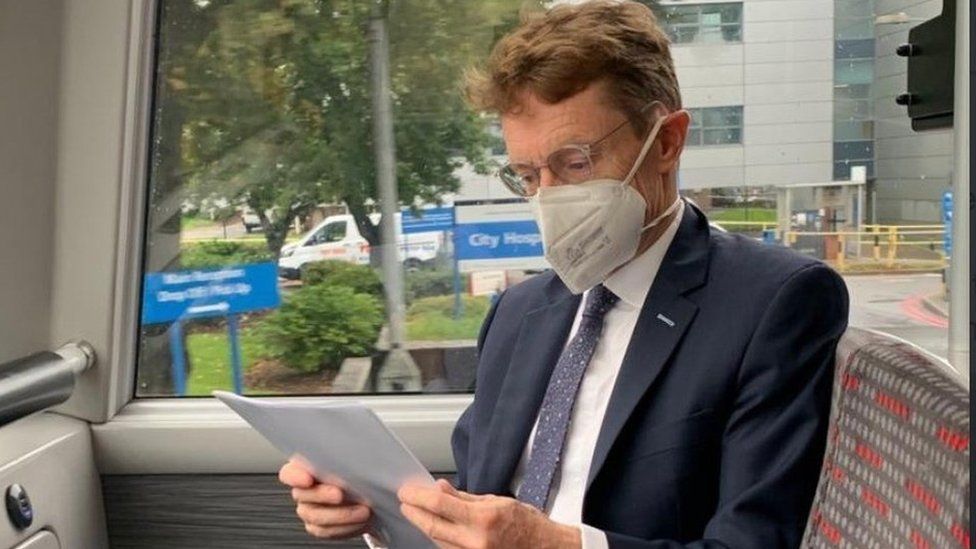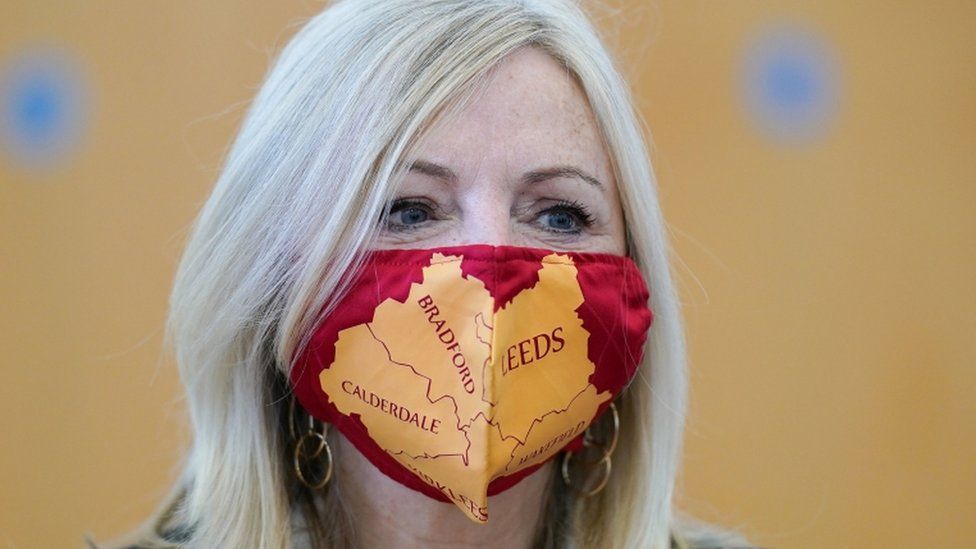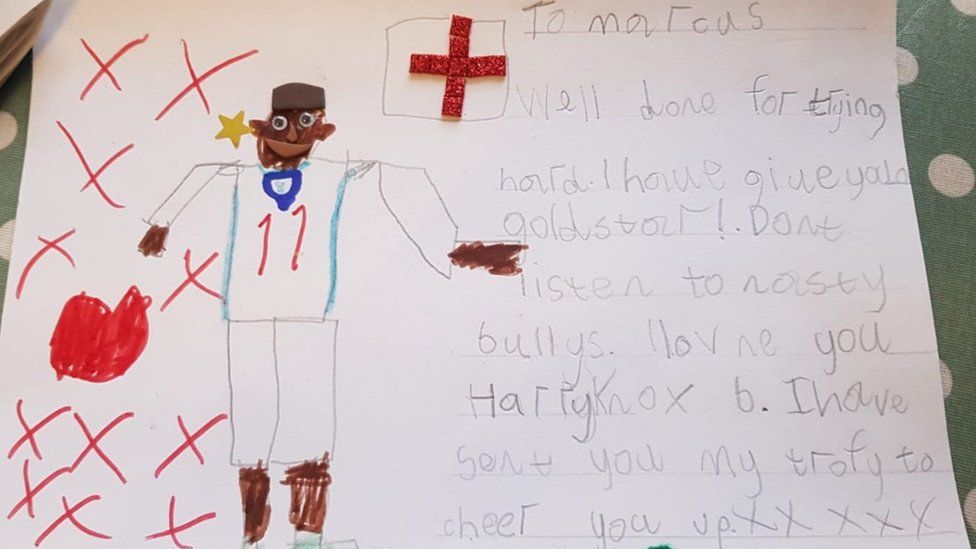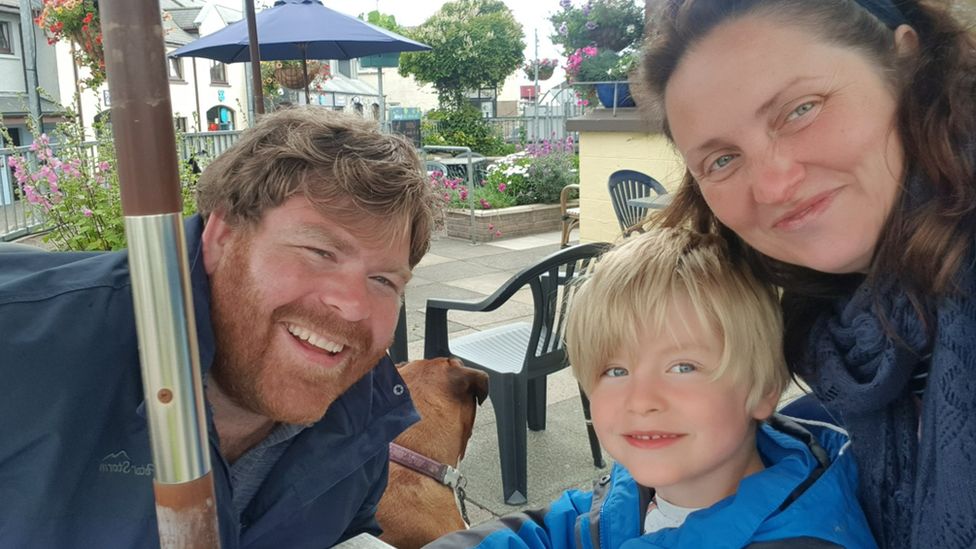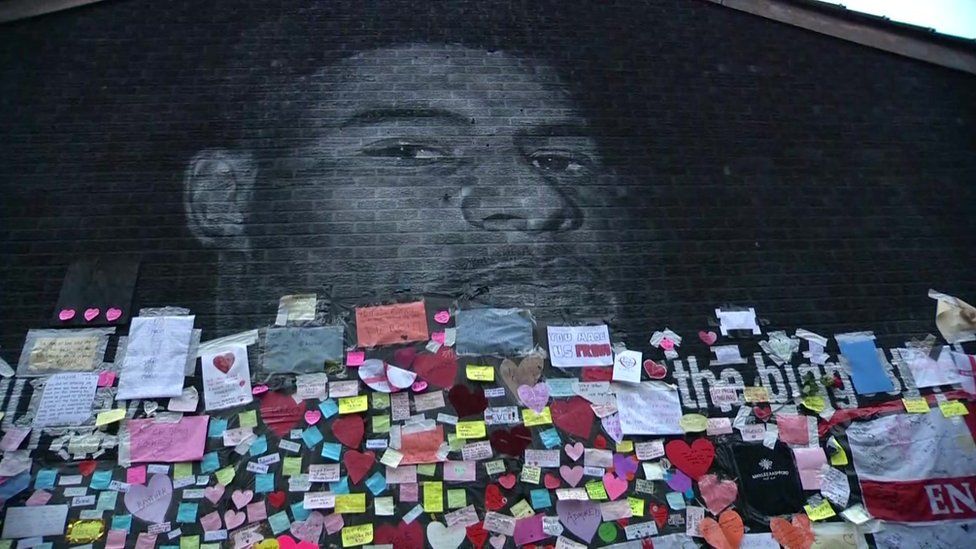Boris Johnson has vowed to revive the government’s stalled devolution programme in England, calling for a series of “county deals” to try to drive his “levelling-up” agenda beyond the big cities.
But the prime minister’s big speech on levelling up was criticised by opponents for being vacuous while Tory backbencher Laura Farris said the concept was “ambiguous”, adding: “It means whatever anyone wants it to mean.”
Almost two years after winning the 2019 election on a promise to spread prosperity more evenly across the country, Johnson is struggling to flesh out exactly what his policy means, or how it will be funded.
His much-trailed speech, delivered in Coventry, contained scant new ideas and only limited new funding, including a £50m fund for local football pitches and £10m to remove chewing gum from high streets.
Johnson’s commitment to extend devolution to mainly Tory-controlled shire, or non-metropolitan, counties came a year after a planned white paper on the subject was cancelled.
Lord Michael Heseltine, a champion of spreading power out of London, said in May that the devolution agenda was “dead”. Devolution will now be addressed in a levelling-up white paper in the autumn.
Johnson’s levelling-up policy, at the heart of his 2019 election campaign, was derided by Dominic Cummings, the prime minister’s former chief adviser, who tweeted: “Levelling up wasn’t the product of any thought of any kind.”
Johnson’s Coventry speech encapsulated some of the political challenges he faces in trying to retain a Tory coalition that spans white working class towns and affluent, graduate-dominated southern seats.
The prime minister wants to spend more money in the midlands and the north but chancellor Rishi Sunak has consistently warned that big new spending programmes will have to be paid for with higher taxes.
The prime minister said he was “not attracted to the idea of extra taxes on hard working people”, setting up an attritional battle with a chancellor who does not want to fund extra spending with even higher borrowing.
Andy Burnham, Labour mayor of Greater Manchester, said: “Much of the prime minister’s analysis today was right and I don’t in any way disagree with it. But what was missing was credible action that would actually change the reality of people’s lives here in the north of England.
“You don’t level up by throwing money at towns here and there and creating a chewing gum task force.”
Johnson also tried to reassure voters in the so-called Tory “blue wall” in southern England that levelling up did not mean “robbing Peter to pay Paul” — in other words, making Tory heartlands poorer.
Conservative MPs have become increasingly anxious about Johnson’s northern focus since the Liberal Democrats overturned a big Tory majority in last month’s Chesham and Amersham by-election.
Johnson was also repeatedly questioned at a post-speech press conference over his initial failure — at the start of the Euro 2020 tournament — to condemn fans who booed England players “taking the knee”.
Although Tory strategists believe a “culture war” works to the party’s advantage in white working-class seats, Tory MPs in the south fear a return of what Theresa May once called the “nasty party” tag.
Johnson said he wanted England’s “great counties” to benefit from the same powers as had been devolved to city leaders. Since many shire counties are reluctant to cede power to a directly elected mayor, Johnson made clear once again that it was not a condition for a deal.
There was no “one size fits all” template, he added. The County Councils Network welcomed his words. Just three county areas have a devolution deal — Cornwall, Northumberland and Cambridgeshire, with the latter two agreeing to have a mayor.
However, Henri Murison, director of the Northern Powerhouse Partnership, a think-tank chaired by former chancellor George Osborne, said the ad hoc approach to devolution left many places in limbo.
Shire counties, including Cumbria and North Yorkshire, have been waiting months for their proposed deals to be agreed by the government.
Critics of Johnson over devolution have claimed that the prime minister was deterred from handing over new powers to the regions because many elected mayors were Labour politicians, such as Burnham.
Leaders of shire countries, by contrast, tend to be Conservative. Johnson said they could apply to take on a range of powers, such as running buses or local skills training schemes.
“Come to us with a plan for strong, accountable leadership and we will give you the tools to change your area for the better,” he said.
Johnson said he wanted a new breed of mayors to lead their local areas and “not just seek opportunities to point out differences between themselves and central government”.
But Heseltine said the devolution envisaged by Johnson was top-down, based on ministerial approval of specific powers, rather than allowing a powerful elected figure to draw up their own strategy according to local need. “It’s not devolution as other countries practise it,” he said.
Adblock test (Why?)
https://news.google.com/__i/rss/rd/articles/CBMiP2h0dHBzOi8vd3d3LmZ0LmNvbS9jb250ZW50LzA3OTU1ZmFkLTgyMWUtNDYwMy1hNDliLTU1MWY3OTJjMTY1ZtIBAA?oc=5
2021-07-15 14:28:46Z
52781732970581
